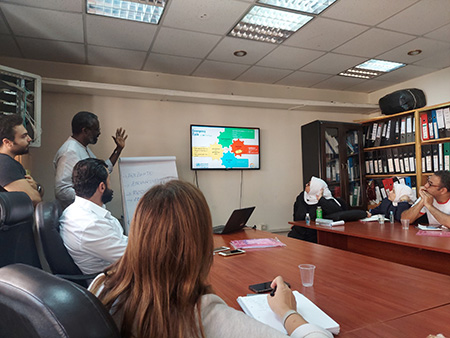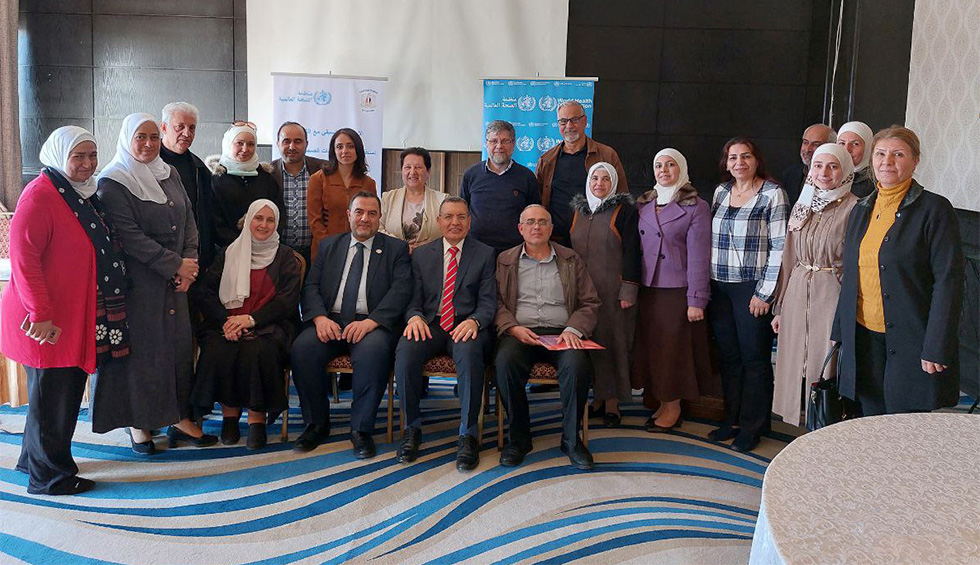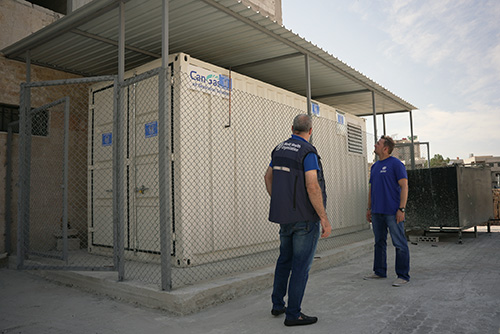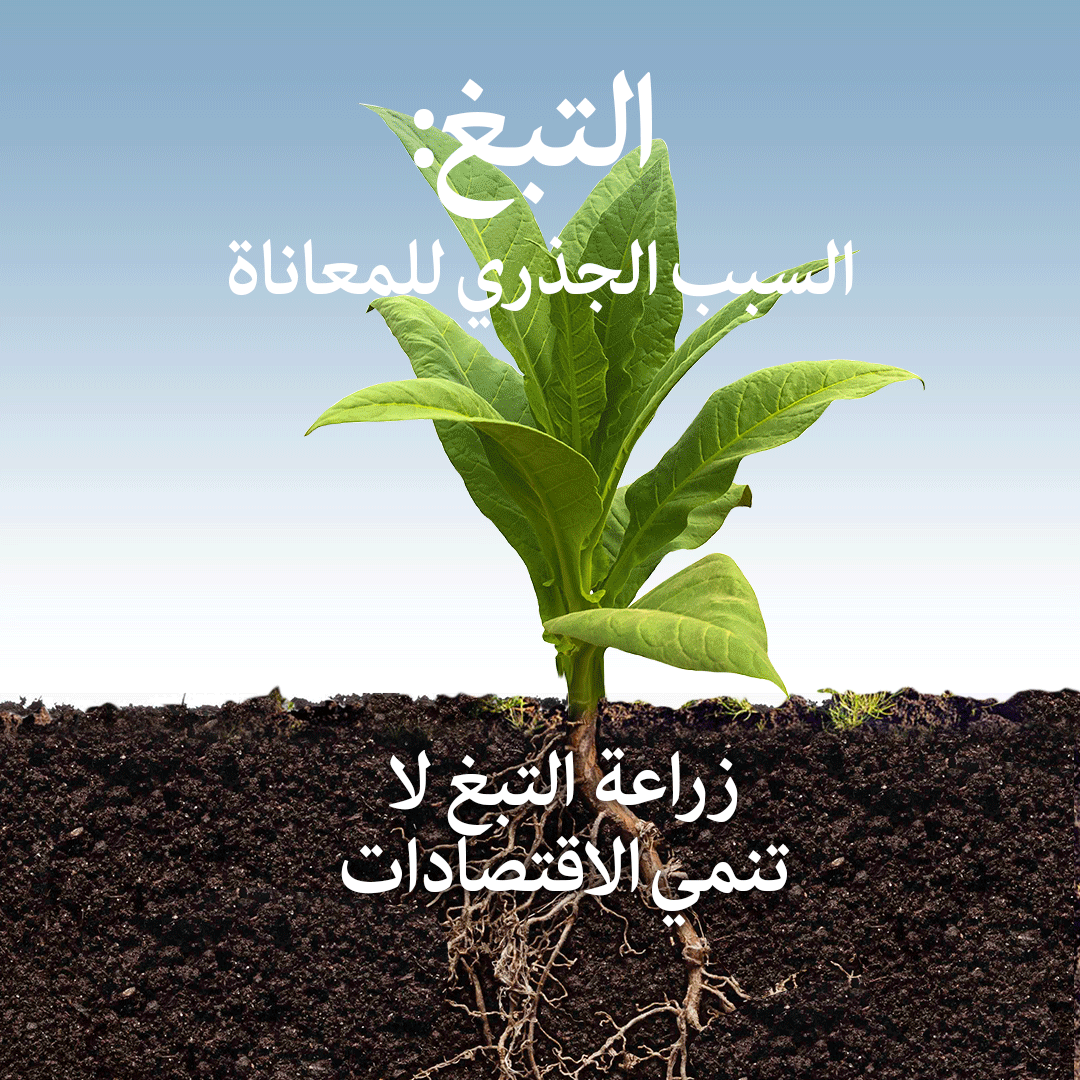MOH and WHO are working to establish Syria’s first Public Health Emergency Operations Centre
 3 September 2023– Damascus, Syria – The World Health Organization (WHO) is working with the Syrian Ministry of Health (MoH) to establish the country’s first Public Health Emergency Operations Centre (PHEOC). The PHEOC will be located in Damascus and is expected to be operational by the end of the year.
3 September 2023– Damascus, Syria – The World Health Organization (WHO) is working with the Syrian Ministry of Health (MoH) to establish the country’s first Public Health Emergency Operations Centre (PHEOC). The PHEOC will be located in Damascus and is expected to be operational by the end of the year.
The recent COVID-19 pandemic has highlighted the need for ever closer vigilance and cooperation among countries. The PHEOC will support Syria’s commitments under the International Health Regulations (2005), which require countries to develop, enhance and maintain their capacity to respond promptly and effectively to public health risks. It will serve as a central point for emergency planning and for gathering, analyzing and disseminating information on the impact of any emergency on the Syrian health system and health care facilities. The PHEOC concept and network were first established by WHO in 2012.
WHO has rehabilitated and equipped the PHEOC and is currently focusing on operationalizing it . In addition to providing equipment and training, WHO is working closely with Ministry of Health to develop the legal framework and PHEOC handbook. The framework will legalize the installation of the EoC structure within the health system and identify the role and responsibilities of the EoC towards different units, programs, and sectors. The PHEOC handbook will serve as a guide for the EoC team, including the scope/mode of work, monitoring and evaluation, and response mechanisms.
“The establishment of Syria’s first PHEOC will mark an important milestone in our efforts to improve health security in the country,” said Dr Iman Shankiti, WHO Representative a.i. “The PHEOC will provide an essential platform for the coordination of public health emergencies, and will help ensure that Syrians are better protected from future health threats.”
“It is our objective to assist the MoH in building a strong PHEOC to support future public health emergencies,” said Samar Hammoud, WHO Regional Technical Emergency Officer.
Following the launch of the first PHEOC, the MoH plans to establish sub-national PHEOCs in all 14 governorates, beginning with Lattakia and Aleppo. A network of PHEOCs throughout the country is expected to enhance cooperation between experts in the different governorates and help bypass political and geographical barriers to collaboration.
Towards universal health coverage: Syria develops strategy for primary health care

8 August 2023 – In order for every Syrian to have accessible, equitable, effective, and high-quality health care and nutrition services, the Ministry of Health has led the development of Syria’s strategy for primary health care 2023–2027 through a participatory process, soliciting input from all units and departments, as well as other line ministries, nongovernmental organizations, United Nations agencies and health partners. Stakeholders worked to collectively identify technical and operational health needs and gaps, together with the priorities and interventions required to address them.
The PHC strategy provides a roadmap for the recovery of the health system and will serve as a crucial first step in closing the implementation gap to achieve Syria’s 2030 goals and operationalize its national health strategy. Additionally, Syria’s PHC strategy is a crucial step towards achieving universal health care in the country. It affirms the 1978 Declaration of Alma Ata and the 2018 Declaration of Astana, which state empirically the importance of a well-functioning PHC system as a cornerstone to achieving universal health care for all.
In order to enhance health systems, the PHC strategy is grounded in 2 key components: the family health care model to scale up the delivery of health and nutritional services, management of childhood illness and routine immunization; and strengthened partnerships for health care delivery, such as community outreach through the healthy villages programme. To drive implementation, a detailed action plan will be developed, costed and monitored.
Dr Iman Shankiti, WHO Representative a.i. in Syria, stated, "WHO is pleased to support the Ministry of Health in taking a major step towards universal health coverage with the launch of the strategy for primary health care. This robust plan will serve as a beacon for Syria's health sector transformation, emphasizing primary health care as a foundation for a resilient health system. Looking ahead, investment in the PHC strategy has the potential to impact the lives of millions of Syrians by ensuring access to the care they need, reducing health care costs and improving health outcomes, particularly for those most vulnerable and in need.”
Strengthening healthcare in crisis: WHO equips national hospitals in Homs, Daraa, and Dummar with oxygen generators
 25 June 2023 – As part of its ongoing commitment to strengthen health systems in regions affected by crises, the World Health Organization (WHO), in collaboration with its donors, has delivered three oxygen generators to three public hospitals: Dara’a National Hospital, Homs National Hospital, and Dummar National Hospital in Damascus. Known as Pressure Swing Adsorption (PSA) plants, these oxygen generators will support the lives of hundreds of critical patients in Syria – such as those with cardiac and respiratory conditions, or those requiring intensive care – by ensuring reliable and economical on-site oxygen supply and facilitating the filling of oxygen cylinders.
25 June 2023 – As part of its ongoing commitment to strengthen health systems in regions affected by crises, the World Health Organization (WHO), in collaboration with its donors, has delivered three oxygen generators to three public hospitals: Dara’a National Hospital, Homs National Hospital, and Dummar National Hospital in Damascus. Known as Pressure Swing Adsorption (PSA) plants, these oxygen generators will support the lives of hundreds of critical patients in Syria – such as those with cardiac and respiratory conditions, or those requiring intensive care – by ensuring reliable and economical on-site oxygen supply and facilitating the filling of oxygen cylinders.
The deliveries of these oxygen generators are funded by the Middle East Response grant of the Global Fund to Syria, through IOM (UN Migration Agency) and WHO. Additional resources were mobilized through the COVID-19 Response Mechanism of the Global Fund, in partnership with the Ministry of Health. This collaborative effort aims to enhance public health and pandemic preparedness capacities in Syria for the long term.
Dr. Iman Shankiti, WHO's Acting Representative in Syria, said, "Working closely with the Ministry of Health, WHO is dedicated to bolstering the capacity of public health facilities across Syria. The provision of these oxygen plants to national hospitals is a testament to this commitment. Amidst the ongoing crisis in the country, our mission remains clear: to ensure access to quality healthcare services for those in need."
The three recipient national hospitals provide free public health services. Homs National Hospital, which includes two operating rooms, a twelve-bed inpatient ward, and four intensive care units (ICUs), has been equipped with an oxygen generator with a capacity of 20m3/h. Dara’a National Hospital, with 160 beds and 10 ICU beds, has also received an oxygen generator with a capacity of 40m3/h. Lastly, the Dummar National Hospital, planned to be an isolation hospital for communicable diseases and currently housing 30 beds and 18 ICU beds, now boasts an oxygen generator with an 18m3/h capacity. By leveraging the Pressure Swing Adsorption (PSA) process, these generators separate oxygen from other gases present in the air and mark a significant step towards strengthening Syria's healthcare system.
We recognize the national hospitals in Syria and their dedicated team of professionals for their unwavering service to their communities under ever-challenging conditions. It is essential that we continue to strengthen Syria's health system to ensure resilience and leave no one behind.
Seeds of change: Syria swaps tobacco for sustainable crops
 31 May 2023 – Damascus, Syria – Countries around the world, including Syria, are observing World No Tobacco Day, with a focus on the call for food, not tobacco. Syria's tobacco control program, led by the Ministry of Health in collaboration with the World Health Organization, aims to reduce the effects of tobacco cultivation on government and public health.
31 May 2023 – Damascus, Syria – Countries around the world, including Syria, are observing World No Tobacco Day, with a focus on the call for food, not tobacco. Syria's tobacco control program, led by the Ministry of Health in collaboration with the World Health Organization, aims to reduce the effects of tobacco cultivation on government and public health.
"Interference from the tobacco industry makes it harder to transition away from tobacco cultivation, exacerbating the global food crisis," said Dr. Iman Shankiti, WHO Representative a.i in Syria. "We urge governments to stop subsidizing tobacco cultivation and redirect those funds to assist farmers in adopting more sustainable crops that enhance food security and nutrition. Through collaboration, we can ensure our communities enjoy better health, nutrition, and sustainable food."
In recent years, Syria has made remarkable progress in tobacco control. A total of 24 tobacco cessation clinics have been established across 14 government-owned facilities, providing consultations to approximately 3,000 visitors in 2020 and 2021. Additionally, The Tobacco Control Program has trained 50 healthcare professionals from two public hospitals in Damascus and rural Damascus on tobacco cessation programs. Two central coordination meetings were held to assess national progress on Tobacco FCTC policies, involving 60 Ministry of Health staff members, tobacco coordinators, and the Tobacco Control National Committee.
Syria's Tobacco Control Program is actively working to eliminate the illicit trade of tobacco products and endorse sustainable crop substitution. In 2022, the WHO assisted in the development of the National Tobacco Control Action Plan for 2021-2023 and facilitated a dialogue with the Eastern Mediterranean Regional Office of WHO (EMRO) about "Syria Next Steps." This dialogue aims to join the Protocol to Eliminate Illicit Trade in Tobacco Products, an international treaty with the goal of eliminating all forms of illicit tobacco trade through a set of measures that countries can adopt as a global solution to a global problem. Furthermore, the WHO worked with the Ministry of Health to conduct a two-day training workshop on implementing the WHO Framework Convention on Tobacco Control (FCTC) for parties navigating complex emergency situations.
In schools, universities, and households, the Ministry of Health has launched smoke-free initiatives with support from the WHO to raise awareness and provide educational materials. As part of the 2023 theme, the Tobacco Control Program seeks to highlight the extensive negative impact of tobacco product waste on the environment, economy, society, human health, biodiversity, and water bodies.
WHO supports a smoke-free future and a world where food is grown for nourishment rather than consumption. This approach will ultimately result in stronger communities. By backing the Tobacco Control Program of Syria in promoting sustainable food production, reduces the harmful effects of tobacco farming on health and the environment.


